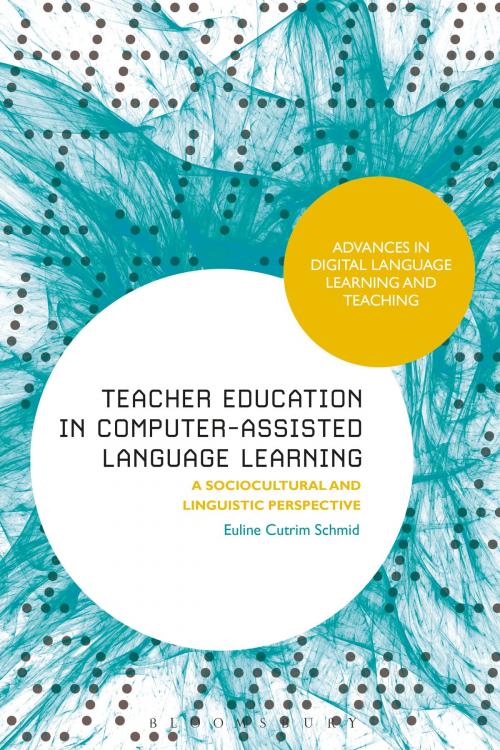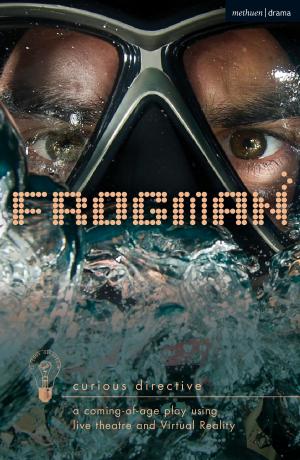Teacher Education in Computer-Assisted Language Learning
A Sociocultural and Linguistic Perspective
Nonfiction, Reference & Language, Language Arts, Linguistics, Education & Teaching| Author: | Euline Cutrim Schmid | ISBN: | 9781474292764 |
| Publisher: | Bloomsbury Publishing | Publication: | August 24, 2017 |
| Imprint: | Bloomsbury Academic | Language: | English |
| Author: | Euline Cutrim Schmid |
| ISBN: | 9781474292764 |
| Publisher: | Bloomsbury Publishing |
| Publication: | August 24, 2017 |
| Imprint: | Bloomsbury Academic |
| Language: | English |
Even though many pre-service and in-service teacher programs now address information and computer technology, computer- assisted language learning (CALL) teacher education is still reported as inadequate. Why is this? This book elaborates on some of the existing concerns and through deft analysis of longitudinal data begins to piece together a future road map for CALL teacher education.
The book adopts a sociocultural approach, based on the principle that teaching (and learning how to teach) is a long term, complex developmental process that operates through participation in social practices that come with the territory. Euline Cutrim Schmid highlights the need for situated and localized learning, pre-service and in-service collaboration and collaborative peer-assisted learning. Above all of this, the book recommends and proves the efficacy of socially aware and professional reflective practice. This is an essential sociolinguistic take on the computer learning revolution.
Even though many pre-service and in-service teacher programs now address information and computer technology, computer- assisted language learning (CALL) teacher education is still reported as inadequate. Why is this? This book elaborates on some of the existing concerns and through deft analysis of longitudinal data begins to piece together a future road map for CALL teacher education.
The book adopts a sociocultural approach, based on the principle that teaching (and learning how to teach) is a long term, complex developmental process that operates through participation in social practices that come with the territory. Euline Cutrim Schmid highlights the need for situated and localized learning, pre-service and in-service collaboration and collaborative peer-assisted learning. Above all of this, the book recommends and proves the efficacy of socially aware and professional reflective practice. This is an essential sociolinguistic take on the computer learning revolution.















